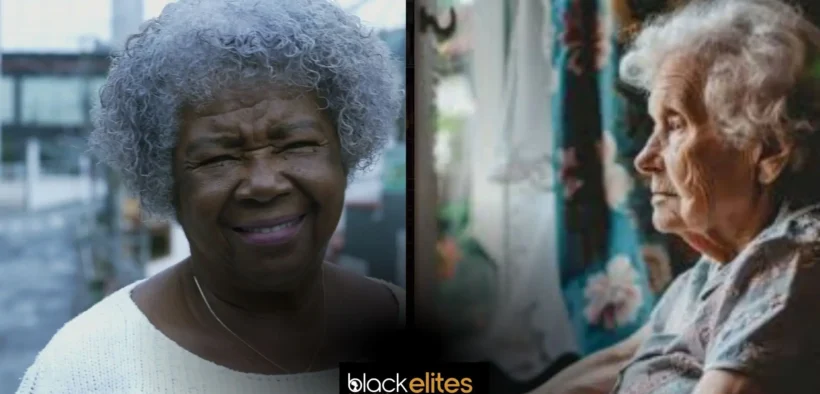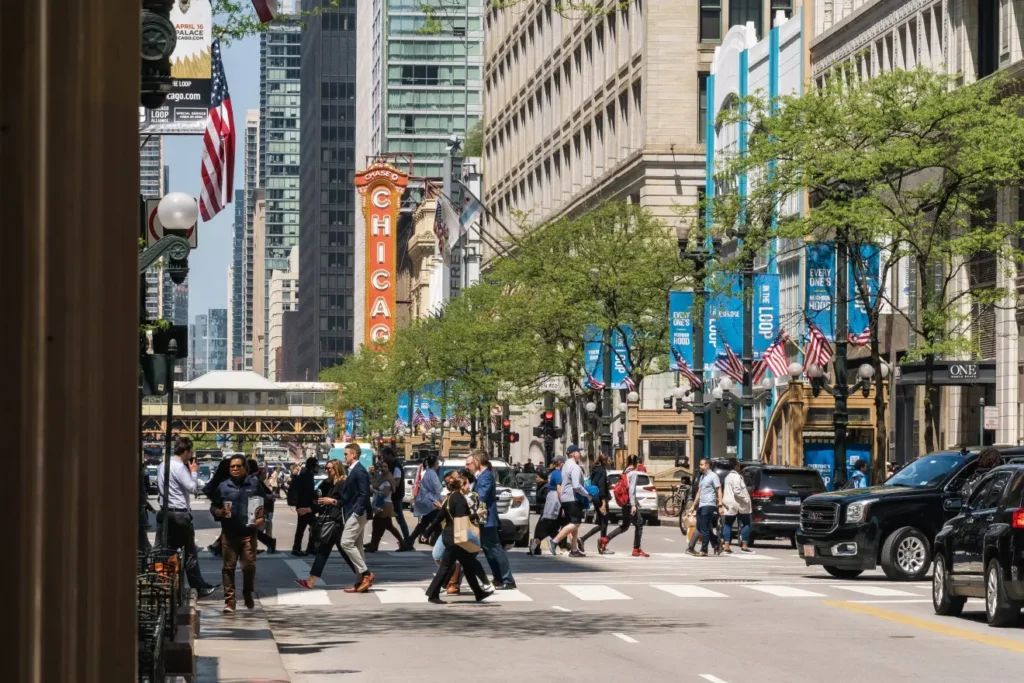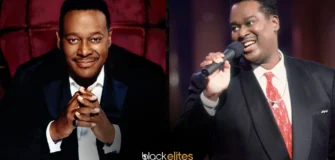Why Black Americans Are Dying Sooner—And What Chicago Is Doing to Change That
Share

In one of America’s most iconic cities, a painful truth lingers: Black Chicagoans live, on average, 11 years less than their white neighbors. That’s not just a number. That’s thousands of birthdays missed, mothers gone too soon, children growing up without grandparents. It’s an emergency—and one that’s echoed in cities across the country.

The roots of this gap are deep and intertwined. From poor access to quality healthcare, to the relentless toll of gun violence, to maternal deaths and untreated mental health, the system has failed Black communities over and over. But in 2024, Chicago decided to stop managing the pain and start healing it.
Through its “Healthy Chicago” plan, the city is confronting this crisis head-on. They’re rolling out overdose prevention programs in vulnerable communities. They’re investing in maternal and infant care, ensuring Black mothers aren’t left to face life-threatening births alone. They’re funding mental health centers in neighborhoods long ignored. And they’re partnering with the people on the ground—those who live this reality daily—to lead the change.
And it’s working. In just two years, the city has already saved lives by distributing Narcan kits, reducing infant deaths, and funding street-level violence prevention. These aren’t band-aid solutions. They’re blueprints for national reform.
Here’s what makes this powerful: It’s not just about Chicago. Every urban center—from Atlanta to Detroit, Houston to Baltimore—carries some version of this gap. What Chicago is doing proves that change is possible when cities choose to value Black lives in full.
We share this not to dwell on despair—but to fuel your fire. To remind you that these numbers are not destiny. That healing is political, communal, and deeply personal. That your voice, your advocacy, your presence in this conversation—it matters.
Let Chicago’s blueprint inspire yours. Push for better funding, community-led healthcare, and mental wellness programs in your city. Demand equity—not eventually, but now.


















